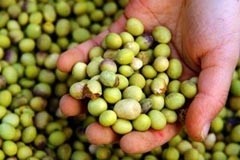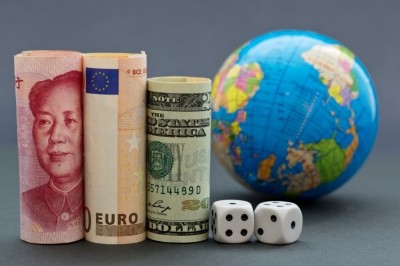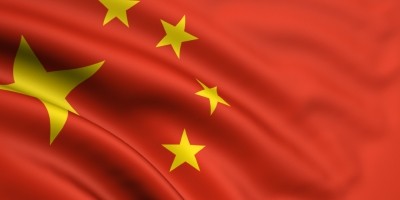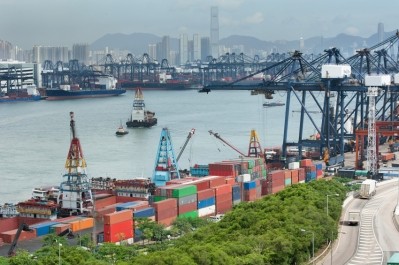Growth of GM
World's sixth biggest GM grower, China will continue to import soy

According to Chen Xiwen, a Communist Party deputy director in charge of agriculture: "It is inevitable for China to import some GM farm produce for quite a long period of time."
Indeed, China imported almost 58.38m tonnes of GM soybeans last year. The 14m tonnes the country produces is well below the 70m tonne annual demand for soybeans so countries like the United States, Brazil and Argentina step in to export the shortfall.
Soybeans are mainly used to extract cooking oil, which does not contain transgenic material, although after extraction, the beans are subsequently used as animal feed complete with transgenic material.
Satisfied with safety
Speaking to the press at China’s annual parliamentary session, Chen said that soybeans account for most of the country’s imported GM food, and that there is not enough evidence to prove that GM food is harmful to humans.
"The safety of new crops is proved always in the process of continuous application," he said.
However, in spite of its sizeable imports of soybeans, China is still one of the world’s leaders in biotech farming with over 1.6m hectares of GM crops.
According to the annual report of the International Service for the Acquisition of Agri-Biotech Applications (ISAAA), the country has the sixth greatest area given over to GM planting, behind the United States, Brazil, Argentina, Canada and India.
Cotton makes up for the largest quantity of Chinese GM crops, followed by papaya, tomato and sweet pepper.
Must ease restrictions
However, this could be the tip of the iceberg if “China eased restrictions on biotechnology and promoted the wider use of GM food crops”, Clive James, chairman of the ISAAA, suggested. In 2009, China certified GM rice and maize strains that were developed by Chinese scientists, but it still has not permitted the crops to be grown.
“China spent billions of dollars on imported maize, and developing its own technology would reduce its dependence on food crops and fiber materials from other countries,” said James.
Last year, developing countries accounted for 52% of the world’s entire GM crop—a rise of 2% over the previous year. Worldwide, GM crop planting increased by 6% with 10.3m hectares given over to GM.












